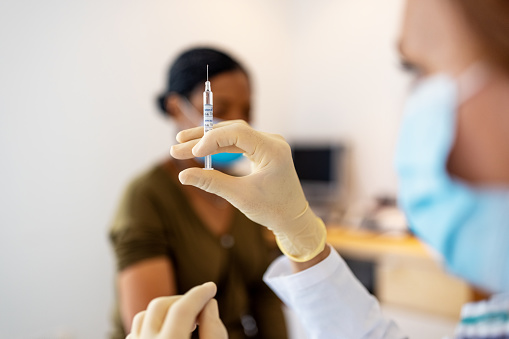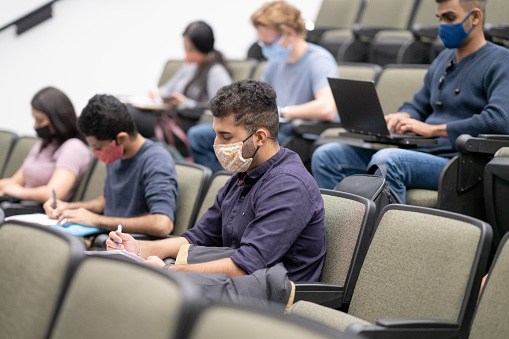However, there has been some opposition to vaccination ever since the first smallpox vaccine. Social media allows for anti-vaccine rhetoric to proliferate more rapidly, with social media algorithms increasing the spread of misinformation.
So, what can be done to overcome vaccine hesitancy? Cigna’s latest research paper, How the COVID-19 pandemic put vaccine hesitancy in the spotlight, discusses the current global situation regarding COVID-19 vaccines and the reasons people may currently feel distrust towards vaccines.
The Cigna International COVID-19 Vaccine Perception Studies
Wave 1: April 2021
Cigna's first COVID-19 Vaccine Perception Study aims to better understand perceptions and attitudes towards COVID-19 vaccines around the world. The April edition of the study found that:
- Among the respondents, 69% globally are following news on COVID-19 vaccines very closely, however, 42% still felt that they did not know enough about the vaccines.
- 62% of people are confident the vaccines will protect them from COVID-19, but the same number is also concerned about side effects.
- There are concerning levels of vaccine hesitancy, with 50% of all respondents adapting a “wait and see” attitude towards receiving the jab.
This research reiterates the importance of clear information on vaccines from trusted sources.
Wave 2: May 2021
The second COVID-19 Vaccine Perception Study highlights the progress on the global vaccines rollout. The May edition of the study reports:
- There are mainly positive trends month over month, with vaccine acceptance increasing from 63% to 66%.With 60% of people believing the COVID-19 vaccines will be readily available to them, an increase of 2% since the April edition of the study.
- While acceptance of COVID-19 vaccines and their safety continues to improve, a number of notable differences remain between markets and generations, particularly in markets where vaccination rates are lower.
- There continue to be significant numbers of people who are concerned about COVID-19 vaccines and it will be critical in the markets where this remains a challenge that the local health authority and government factor this into their public information campaigns, as they remain overwhelmingly the most trusted source of information for people.
- Notably, although the vast majority of our respondents use social media platforms, they are the most trusted source for just 5% of people vs 39% for government entities and 19% for the family provider – demonstrating the importance of communications through these channels.
The research shows that people’s personal experience with the vaccine is having a positive impact on perception.
Wave 3: July 2021
The third COVID-19 Vaccine Perception Study highlights progress on the global vaccines rollout and the positive attitudes among those vaccinated. The July edition of the study reports:
- Vaccinations continue to grow steadily – in one month we saw the vaccination rate of our respondents increase from 25% to 31%, illustrating the success of vaccine rollout programs around the world.
- Attitudes towards vaccination continue to improve – as vaccination programs have progressed, we have seen a steady increase in vaccine acceptance. In May 69% people agreed they would get the vaccine if it was offered to them, up from 63% in March.
- Fewer people are vaccine hesitant – the number of people waiting to get a vaccination until more people have had their first one dropped 8% in three months, from 50% to 42%.
- Notable differences between vaccinated and unvaccinated respondents remain – vaccinated respondents are significantly more likely to agree with the positives of vaccines.
- The top three reasons for being vaccinated are community spirit, hearing news about the vaccines and a desire to travel.
The findings from our third COVID-19 Vaccine Perception Study highlight some incredible progress in vaccination programs around the world. While there is still much work to be done, the research illustrates how successful programs can have a positive effect on the perception of COVID-19 vaccines and their acceptance.
1. World Health Organization, "Vaccines and Immunizations'", https://www.who.int/health-topics/vaccines-and-immunization#tab=tab_1, Accessed March 3, 2021
This information is for educational purposes only. It is not medical advice and should not be used as a tool for self-diagnosis. Always consult with your provider for appropriate examinations, treatment, testing and care recommendations. Your use of this information is at your sole risk.








































































































